Winners in the Encouragement for Action category Closing the Loop
For their groundbreaking innovations that take us closer to circular material flows for textiles.
The enabling of reuse and a circular economy where waste and the environmental impact have been minimized to the extent that a cycle exists or is perceived as an opportunity close in time. New business models are the solution to the problem of continued consumption in a more sustainable manner with respect for raw materials, the environment, and people.
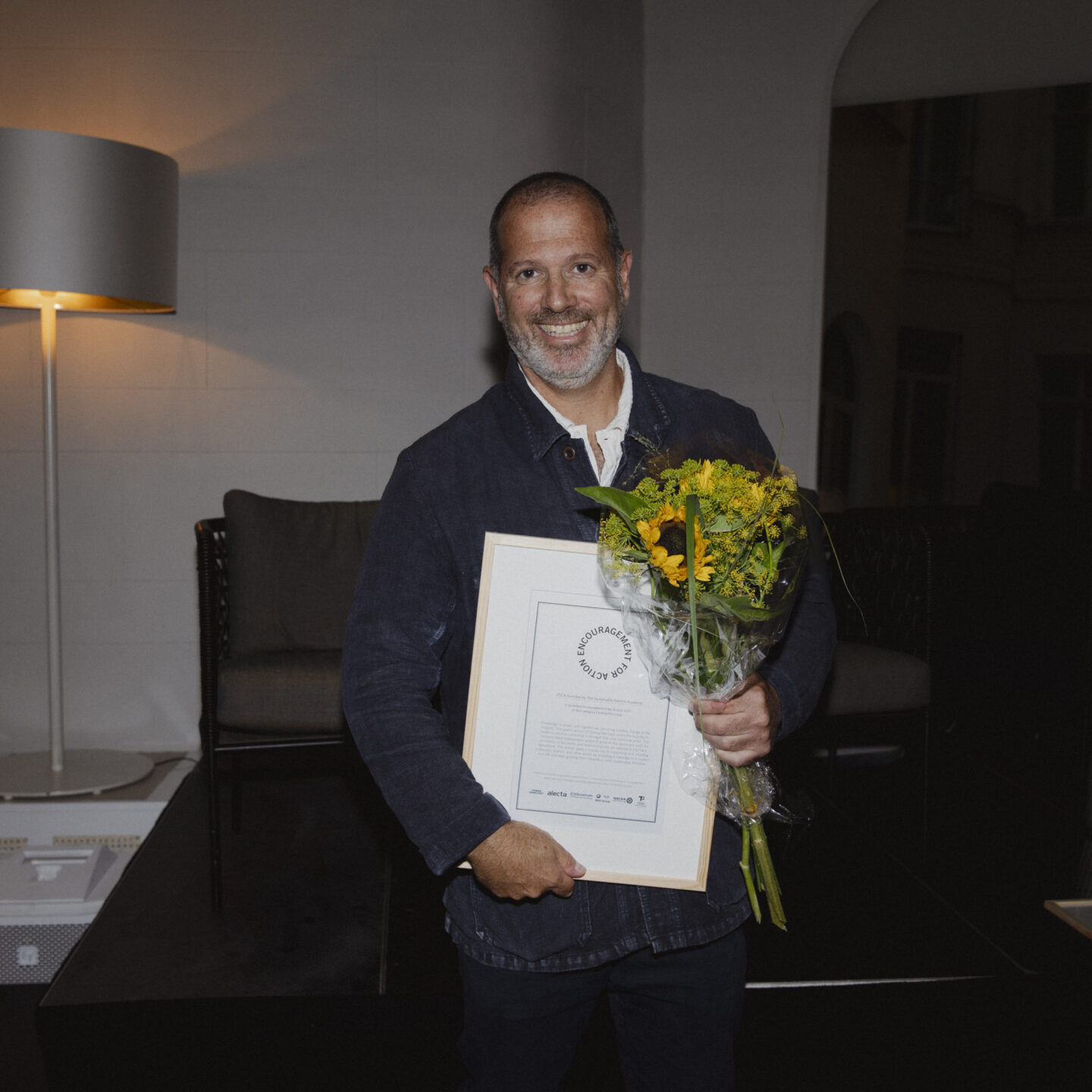
STICA founded by The Sustainable Fashion Academy (2023)
STICA is led by The Sustainable Fashion Academy, an independent, non-profit organization. SFA holds company members accountable for progress by requiring that they adhere to specific calculation and reporting guidelines, set targets and publicly report on their progress on an annual basis. STICA guidelines are based on the most robust global standards and are updated on a regular basis.
Photo: Rasmus Lindahl
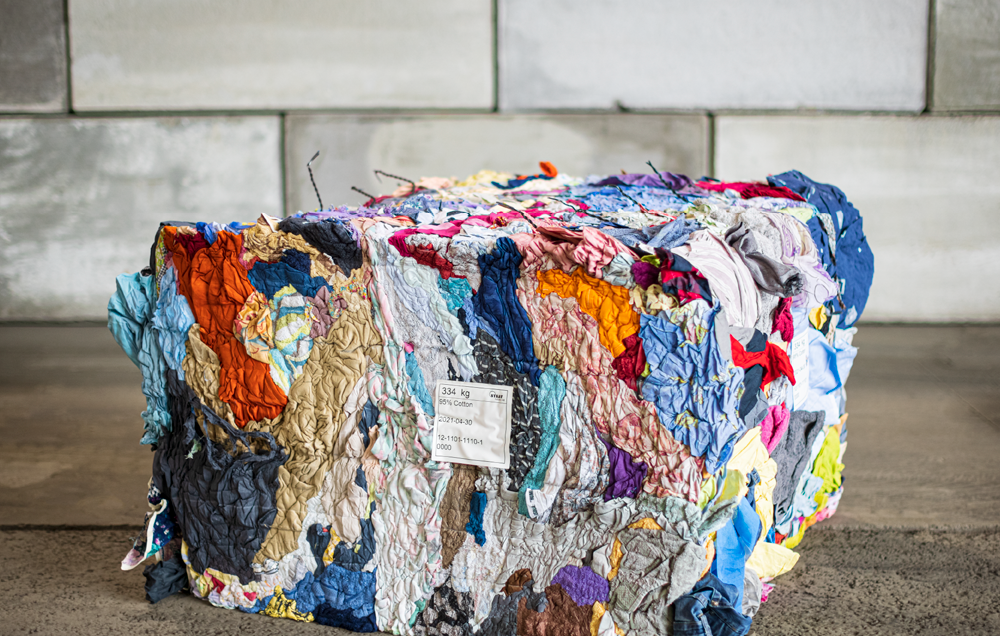
Siptex (2022)
Siptex by Sysav – Textile sorting. Siptex is the world’s first large-scale facility of its kind. It sorts textiles by color and fiber composition using near-infrared light, which makes it possible to handle large flows and produce textile fractions that are adapted to different recycling processes.
A new link in the textile value chain. For textile recycling on a larger scale, consistent quality and large volumes are required. Today’s manual sorting of textiles can not match the market’s need for quality-assured products. Automated sorting is the link that is currently missing between collection and high-quality textile recycling.
Therefore, Siptex contributes to increased circularity in the textile value chain and strengthens Sweden’s position as a pioneer in innovation and circular economy.

Popswap (2021)
Popswap is disrupting the way people consume fashion by swapping. The Swedish fashion-tech company Popswap allows fashion lovers with a strong ethical compass to match based on style, much like Tinder. Users create their circle of fashion friends and style twins in the app and swap clothes, bags, and shoes through the app.
“Changing fashion isn’t hard. It’s as simple as changing the way we upgrade our wardrobes by making them digital and circular and swapping instead of buying new ones. Fashion is a global language – no matter where we are, our clothes always tell a story about who we are – and like a language, fashion is constantly changing. It’s time to let go of what isn’t working and create something with more vibrance, opportunities, hope, and care-something that reflects how we want to value each other and our home. That’s why I founded Popswap.” – Lin Kowalska, Founder of Popswap
Launched in August 2020, the app has gathered a community of savvy fashion users, and more than 100,000 garments have been swapped through the app. The carbon emission saved by the Popswap community is equivalent to driving back and forth London-Berlin 1200 times with an average-sized car.
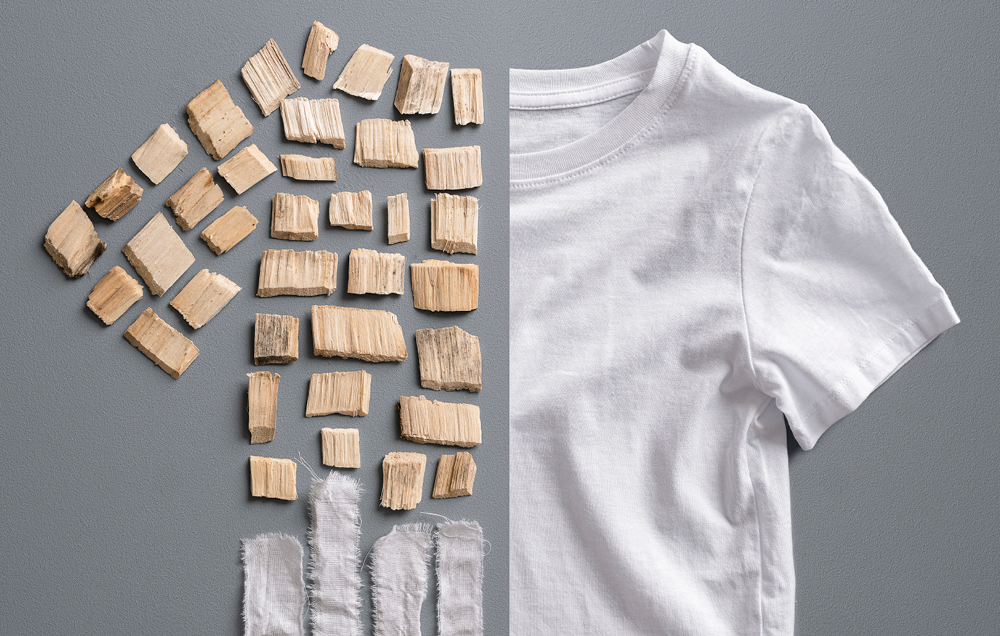
OnceMore (2020)
Textiles deserve better than the trash. But recycling it has proven easier said than done. In fact, more than a million tonnes of textile turn to waste every year. At OnceMore they aim to change that. They enable a circular textile system by making collaborations happen throughout the value chain – moving used fabric through a circle of returning, reviving and reducing. After collecting used textiles from suppliers, they revive the fiber, combining it with renewable wood cellulose from Södra’s responsibly run forests. The end result is a OnceMore material that enables producers to create products that are either recyclable or biodegradable – closing the loop and reducing waste.
Sustainability comes naturally to OnceMore. Forests have been their livelihood for generations. Sustainability for them means taking responsibility from seed to customer. They take a holistic view of their forestry advisory services, their industrial processes and their relations with customers and suppliers.
Their group-wide sustainability targets are such as fossil-fuel-free and commercializing products with a better sustainability performance than today’s alternatives and they are committed to science-based targets to half our CO2 emissions by 2030 and to be a net-zero producer by 2040.
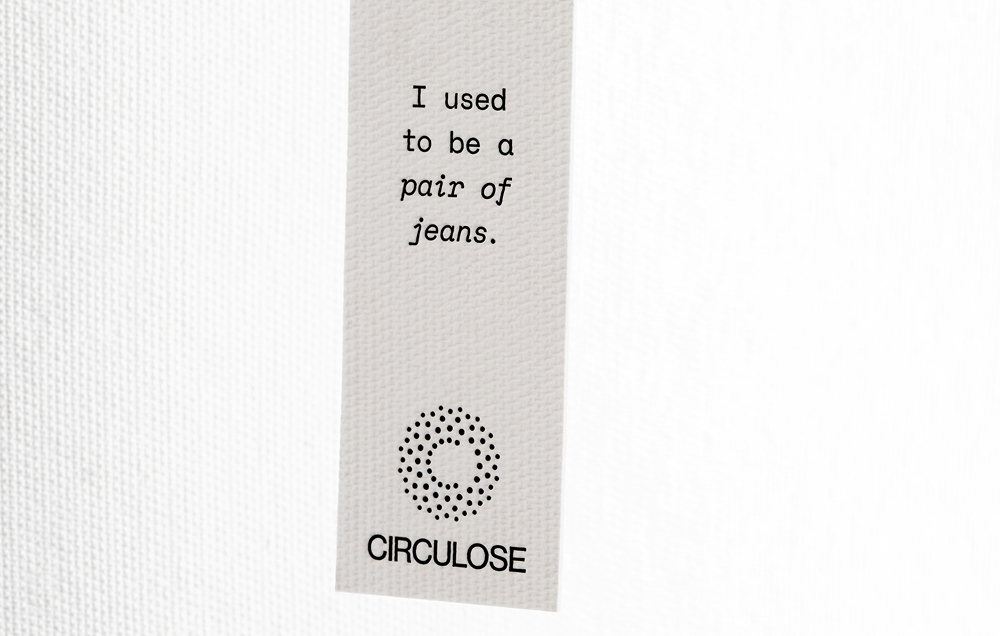
Re:newcell (2019)
Founded by innovators from Stockholm’s KTH Royal Institute of Technology in 2012, Renewcell is a multi-award-winning sustaintech company based in Sweden. The company’s vision is to make fashion circular.
Through its patented process, Renewcell is able to upcycle cellulosic textile waste, such as cotton clothes, transforming it into a pristine new material called Circulose®. Drapers Magazine recognized Circulose® at their 2022 Sustainable Fashion Awards. Fast Company named Renewcell one of the World’s Most Innovative Companies 2021. Circulose® was also included on TIME Magazine’s list of the 100 Best Inventions 2020.
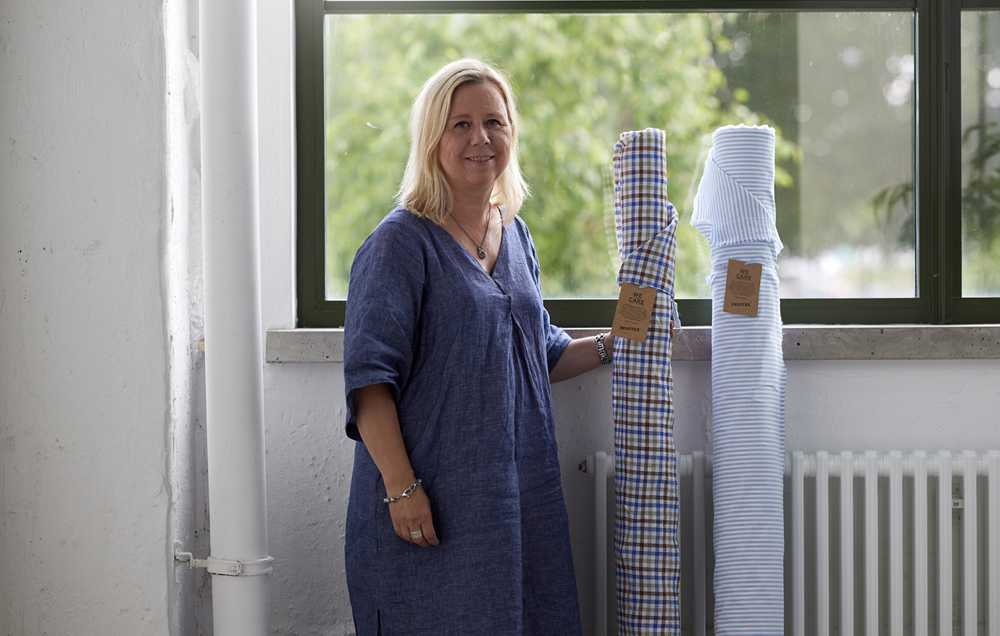
Rekotex (2018)
Rekotex is an online agency for leftover premium fabrics within Europe. Their textile archive is a link between already existing fabric treasures and creative minds. It’s a cooperative arrangement that will give you the possibility to buy or sell deadstock fabrics from textile manufacturer’s production. They exist to, in a simple way, show the massive amount of already made-up fabrics that can be used to avoid making new productions. It’s a simple idea with a smart and user-friendly platform, so the decision to use available leftovers will be a natural option. They wanna keep business within Europe to be smart about transport and push local production. Let the creativity flow and use what’s already available to be an inspiration instead of a limitation. To inspire and give creative minds a smart “tool” how to keep making products with better usage of what already exists.

